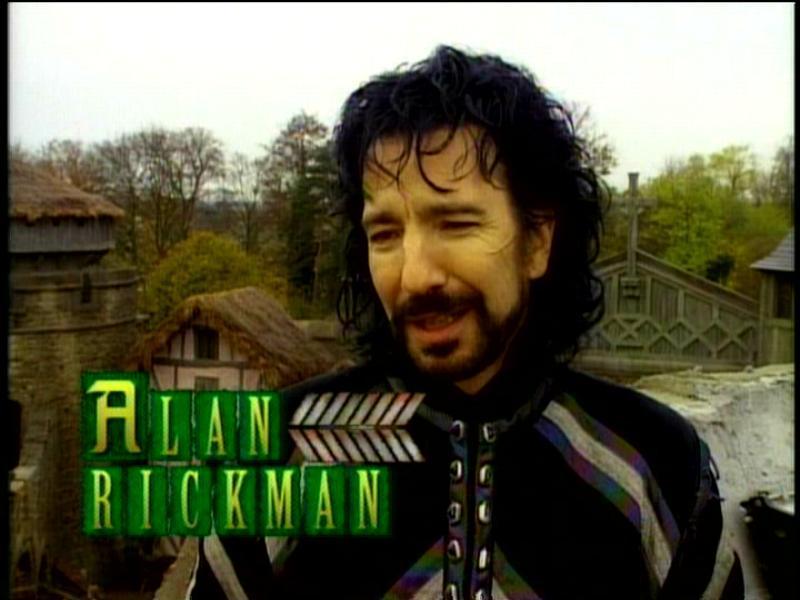

Tenev had to act quickly to save his company. Many of these trades were for the stock and options of a single corporation: GameStop. equity clearinghouse requiring the brokerage firm to deposit three billion dollars in order to clear its clients’ trades.
#Sheriff of nottingham tv#
The legend of Robin Hood and his perpetual hatred of and battles for revenge against the Sheriff of Nottingham, popularised in countless films and TV dramas have made the name of the Sheriff of Nottingham the most famous of all Sheriffs.On January 28, 2021, just before dawn on the West Coast of the United States, Vladimir Tenev, the CEO of Robinhood, received a margin call from the U.S. Supposedly living deep within Sherwood Forest he was also considered a champion of the rights of local people against the 'Forest Laws' imposed by the Normans that put ownership of forests and the game within firmly into the hands of the Crown. Robin became popular as a 'folk hero' because of his constant endeavours to outwit the Sheriff and pass on any takings to the local poor and suppressed.


He returned from the Crusades to find his land and assets siezed by the Sheriff of Nottingham, which led to his life as an outlaw. However, most widely accepted is that Robin did exist, probably around 1160 and was from Lockersley (to become Loxley) in South Yorkshire. The facts are scant even relating to when he existed, if he actually did.
#Sheriff of nottingham full#
They were reimbursed by successive sheriffs minus 10 shillings until the full amount was paid.Ĭustoms and Traditions could not be mentioned without reference to Robin Hood and his relationship with the Sheriff of Nottingham. The current maces were purchased in 1669 for £10 each by the Sheriffs in office. When in procession the Sheriff of Nottingham is preceded by mace bearers each carrying one of two silver maces. Those who accepted the Office retained the right to wear their official crimson gowns beyond their shrieval year and were said to belong to livery or clothing burgesses.Ī long held tradition still remains that stems from the times when Nottingham was governed by two sheriffs. Many cases have been cited where the nominee chose to pay the fine for not taking up the Office as the cheaper option. One such cost was to provide the City Council with an annual traditional dinner. Nomination for the Office of Sheriff was not always welcome as the Office incurred considerable costs that the Sheriff was expected to pay out of his personal finances. The sheriff's role at that time was to be responsible for prisoners appearing in court, collecting rents and taxes and generally enforcing the King's law and order and keeping the peace. Probably due to the recognised division of the city into two parts two sheriffs were appointed - William Sadler and Thomas Lyng and this tradition was upheld until the major changes in local government in 1835. Nottingham's first appointed sheriff was recorded in 1449. Nottingham gained its first mayor and held its first Goose Fair in 1284 but didn't actually elect a Sheriff until almost two hundred years later in 1449. At the end of his reign Henry gave Nottingham into the lordship of his son, John who granted additional privileges including the right to elect a reeve. In 1155, Henry II granted Nottingham a Royal Charter giving the people of the town certain rights and freedoms, mainly around fairs and trade. The seat of the High Sheriff's power was within the formidable Castle. The whole area which included Nottingham and Derbyshire was was presided over by a single High Sheriff. Following the Norman Invasion and William the Conqueror's diktat that a castle be built in Nottingham the town became divided between the newly arrived Norman French who settled around the castle and the saxons who held the 'old town'. Nottingham has had a Sheriff for at least a thousand years.


 0 kommentar(er)
0 kommentar(er)
